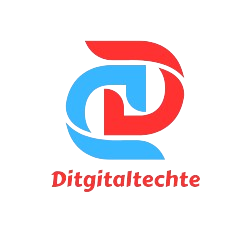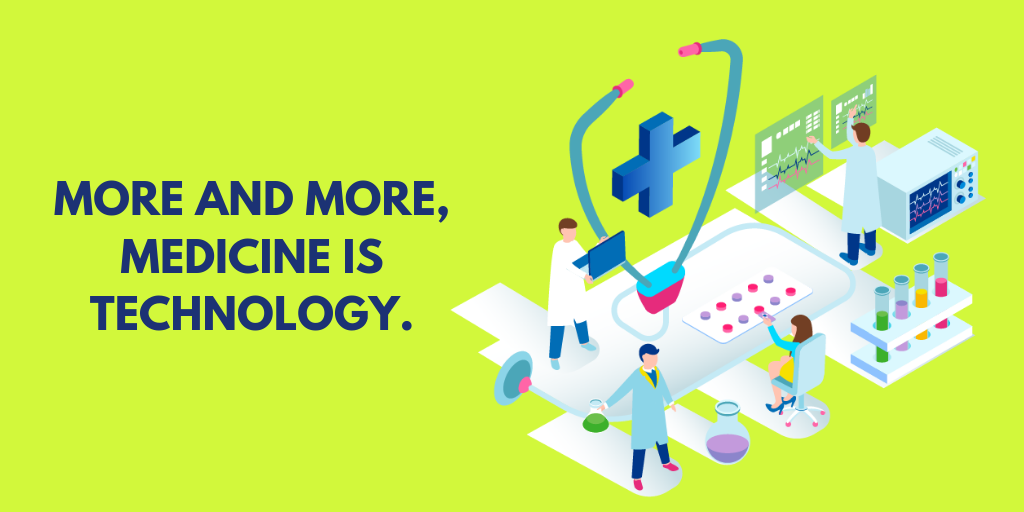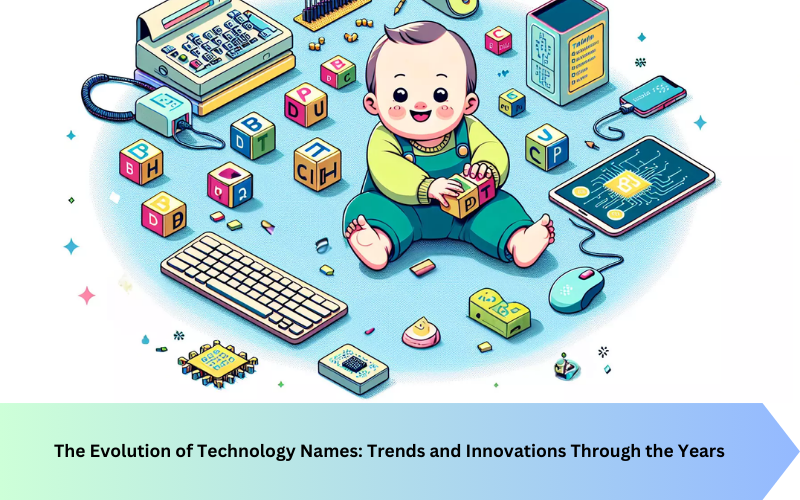Introduction to Medical Technology and Its Growing Demand
In ultra-modern speedy-paced global, the healthcare panorama is evolving unexpectedly. As technology advances, so does the want for professional specialists who can bridge the gap between medicine and innovation. A clinical era diploma opens doors to a myriad of exciting career opportunities that now not best promise personal fulfillment but also make a contribution significantly to patient care and public health.
With an growing demand for diagnostic offerings, therapeutic tactics, and superior clinical system, graduates on this subject are locating themselves at the forefront of alternate. If you are considering pursuing a clinical era degree or have lately finished one, you’re in success – there’s never been a better time to discover your options! Let’s dive into a number of the maximum sought-after activity possibilities to be had on this dynamic enterprise.
In-Demand Job Opportunities for Medical Technology Graduates
Medical technology graduates have a wealth of opportunities awaiting them. The healthcare landscape is evolving rapidly, and skilled professionals are essential in various roles.
One prominent position is that of a clinical laboratory technologist. These specialists perform crucial tests that aid in diagnosing illnesses. Their expertise ensures accurate results for patient care.
Another exciting role is the medical equipment repair technician. This job involves keeping and fixing complicated clinical gadgets, ensuring they operate effectively to support healthcare carriers.
Biomedical engineers integrate engineering principles with organic sciences to create innovative solutions for health issues. They design cutting-edge devices and improve current technology, playing a key role in advancing patient care.
Health information managers oversee important facts systems within healthcare facilities. They make sure compliance while coping with sensitive statistics securely—a crucial issue in these days’s digital age.
Each course offers particular demanding situations and rewards, making the sphere dynamic and attractive for brand new graduates geared up to make an effect.
A. Clinical Laboratory Technologist
Clinical laboratory technologists play a pivotal role in healthcare. They are responsible for analyzing biological samples, such as blood and urine, to help diagnose diseases.
With their expertise in laboratory equipment and procedures, these professionals ensure accurate testing results. This precision is vital for effective treatment plans.
Their every day obligations can consist of making ready specimens, engaging in tests, and deciphering findings. Attention to element is critical seeing that even minor errors can lead to massive results.
Many scientific laboratory technologists focus on regions like microbiology or hematology. This specialization complements their capabilities and opens doors to diverse career paths within the medical area.
The call for for medical laboratory technologists maintains to upward push due to an getting older populace and accelerated consciousness on preventive care. As healthcare structures evolve, so does the need for professional experts equipped to conform and innovate on this vital vicinity of drugs.
B. Medical Equipment Repair Technician
A Medical Equipment Repair Technician plays a critical function in healthcare. They are the unsung heroes behind the curtain, ensuring that essential clinical gadgets characteristic nicely.
These experts diagnose and fix any problems with device consisting of MRI machines, ventilators, and infusion pumps. Their information guarantees that hospices and clinics can offer non-stop care with out interruptions.
Training for this function regularly includes fingers-on revel in with electronics and machinery. Many technicians maintain an companion degree or certification in biomedical era or engineering.
With advancements in generation, those roles have become even more sophisticated. Technicians now want to live up to date on the present day gadgets and software program utilized in medical settings.
The call for for professional repair technicians is developing rapidly due to the growing reliance on high-tech scientific gadget. This makes it a promising profession desire for those looking to combine technical talents with healthcare contributions.
C. Biomedical Engineer
Biomedical engineers play a essential position at the intersection of healthcare and era. They layout innovative scientific gadgets, broaden software program for diagnostic machines, and create structures that enhance affected person care.
This career requires now not most effective a strong foundation in engineering ideas but also an information of biological sciences. By combining these fields, biomedical engineers make a contribution to improvements like artificial organs and prosthetic limbs.
The demand for his or her understanding is at the upward thrust because the healthcare enterprise maintains to evolve. With an aging populace and increasing consciousness on personalised medicinal drug, opportunities are considerable.
Collaboration is key on this subject. Biomedical engineers regularly work alongside docs, researchers, and manufacturers to deliver their standards to fruition. Their contributions can notably beautify great of existence for sufferers round the sector.
With continuous boom in fitness tech innovations, pursuing a biomedical engineering profession gives thrilling potentialities for those with a ardour for enhancing lives via generation.
D. Health Information Manager
- Health Information Manager
Health Information Managers play a essential position within the healthcare system. They are answerable for overseeing affected person information and ensuring its accuracy, security, and accessibility.
This role requires mixing healthcare understanding with records technology abilities. Professionals in this subject work to control electronic fitness records (EHR) systems, that have become vital as healthcare moves an increasing number of digital.
Strong analytical abilties are essential here. Health Information Managers must interpret complex information to support scientific decisions and enhance patient outcomes.
Additionally, they make certain compliance with guidelines which include HIPAA, defensive sensitive affected person facts from breaches or misuse.
With the increasing reliance on facts-driven decision-making in healthcare, those specialists are extra essential than ever. The demand for skilled Health Information Managers maintains to develop alongside improvements in medical era.
The Importance of Specializations in the Field
Specializations in medical technology are crucial for career advancement. As the field evolves, specific knowledge becomes invaluable.
For instance, a clinical laboratory technologist may choose to specialize in hematology or microbiology. This expertise can significantly enhance their employability and open doors to more advanced roles.
Moreover, specializations often lead to higher salaries. Employers value professionals who have niche skills that meet particular needs within healthcare settings.
With rapid advancements in technology and techniques, staying updated is vital. Continuous education enables specialists to adapt and thrive amidst changes.
Additionally, specialization fosters professional growth and development opportunities. Networking with others in a focused area can create pathways toward leadership roles or innovative projects.
Investing time into mastering a specialty not only boosts individual careers but also contributes positively to patient care outcomes within the healthcare system.
Salary and Growth Potential in the Medical Technology Industry
The medical technology industry is booming, offering promising salary prospects for graduates. Entry-level positions typically start around $50,000 annually, but this can vary based on location and specialization.
As professionals gain experience, their earning potential increases significantly. Many roles in clinical laboratories or health information management can reach six figures after a few years of service.
Growth rates in this sector are also encouraging. The Bureau of Labor Statistics projects that jobs related to medical technology will grow much faster than average over the next decade.
This demand translates into numerous career advancement opportunities as well. Graduates can specialize further or even move into managerial roles, enhancing both responsibilities and compensation packages.
Investing in a medical technology degree not only opens doors today but secures your future in an evolving landscape filled with innovation and opportunity.
Advancements in Medical Technology and Their Impact on Career Opportunities
Advancements in clinical generation are transforming the healthcare landscape. Innovations like telemedicine, synthetic intelligence, and wearable health devices are reshaping how specialists perform.
As those technology evolve, new process roles emerge. Medical technologists now find themselves working along state-of-the-art diagnostic gear that require specialized know-how.. This shift demands ongoing education and adaptability.
Moreover, automation is streamlining methods in laboratories and hospitals. While some traditional roles may additionally decline, this creates a surge for tech-savvy those who can manipulate and preserve superior systems.
The integration of data analytics into healthcare also opens doorways for the ones professional in interpreting complicated information. Health informatics experts might be critical as establishments searching for to improve patient effects via information-driven decisions.
Embracing those improvements not best complements profession prospects but also encourages non-stop mastering in the field of scientific generation.
Tips for Landing a Job with a Medical Technology
Networking is crucial in the medical technology field. Attend industry conferences, workshops, and local events to connect with professionals already working in your desired area. These connections can lead to job opportunities that aren’t widely advertised.
Tailor your resume for each application. Highlight relevant skills and experiences that match the job description. Use specific keywords from the posting; this shows you understand what employers are looking for.
Consider obtaining certifications or additional training related to your specialty. This demonstrates commitment and expertise, making you a more attractive candidate.
Prepare well for interviews by practicing common questions related to medical technology roles. Show enthusiasm about advancements in the field and how they align with your career goals.
Don’t underestimate the power of social media platforms like LinkedIn. Keep your profile updated and engage with content relevant to medical technology trends—this can get you noticed by hiring managers actively seeking new talent.
Conclusion
The field of scientific technology is prospering, imparting a wealth of career possibilities for graduates. With the healthcare industry constantly evolving, jobs on this region aren’t just ample; additionally they offer promising growth ability.
Graduates with a clinical era diploma can explore various roles that align with their abilities and pastimes. Positions like Clinical Laboratory Technologist or Biomedical Engineer permit individuals to at once effect affected person care thru revolutionary solutions and specific diagnostics. Meanwhile, roles consisting of Medical Equipment Repair Technician and Health Information Manager highlight the importance of technical talent and information control in nowadays’s fitness systems.
Specializations play an critical role in improving activity potentialities within this expansive area. By honing understanding in specific regions—consisting of genetics, radiology, or information systems—graduates can set themselves apart from other candidates.
When it comes to salary expectations, specialists geared up with a scientific era degree often enjoy competitive compensation packages observed by using strong blessings. The enterprise’s upward trajectory method that many positions are anticipated to grow appreciably over the next decade.
Moreover, improvements in medical technologies keep to reshape those careers. From synthetic intelligence packages to telemedicine platforms, staying knowledgeable about new trends is crucial for any aspiring expert looking to thrive.
For those eager to secure a position within this dynamic environment, networking remains key. Building connections during internships or attending industry conferences can open doors that may otherwise remain closed.
As you navigate your path forward after earning your degree, consider how your unique strengths fit into the landscape of medical technology jobs available today. Embrace lifelong learning and stay adaptable; success awaits you on this rewarding journey.





